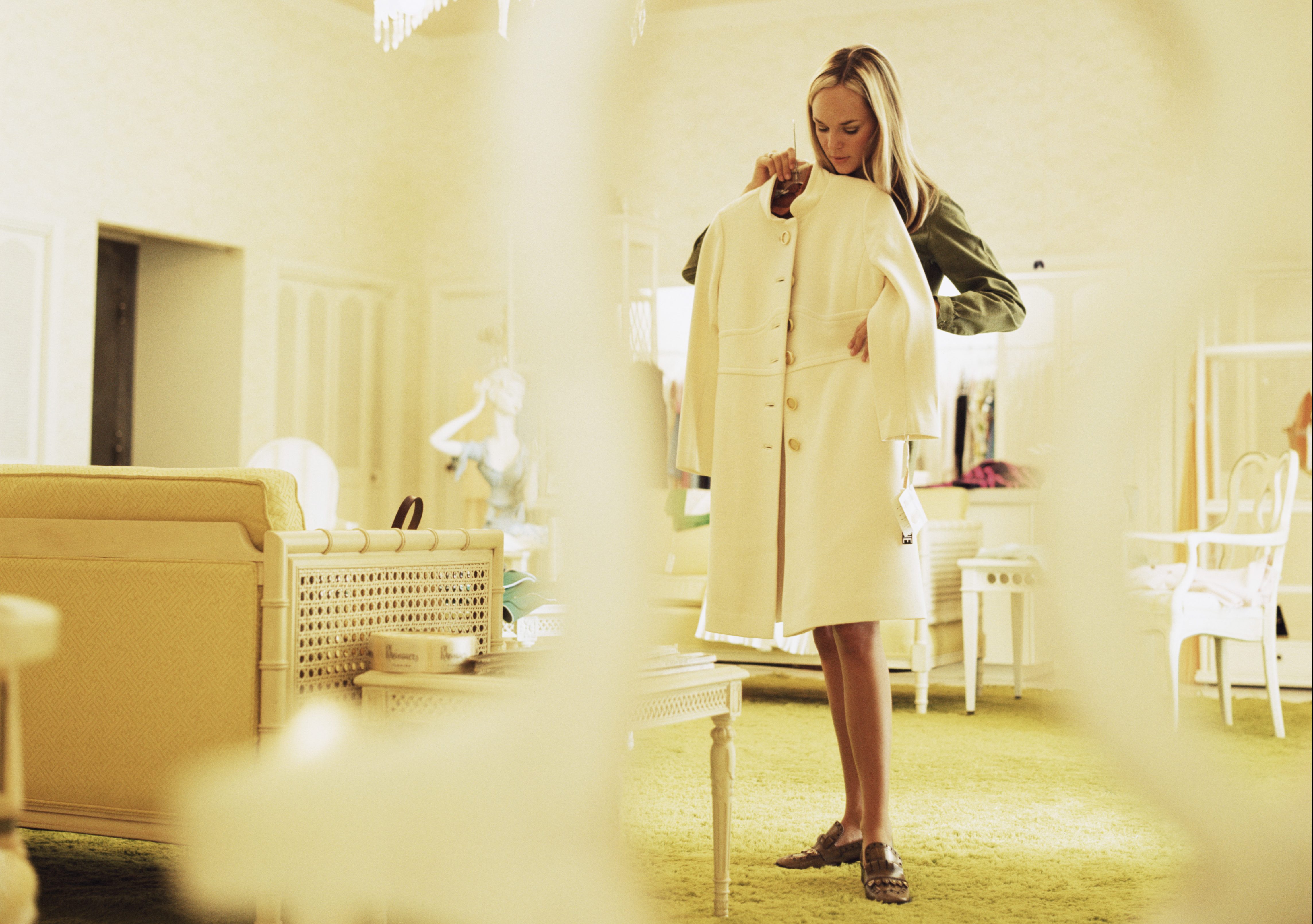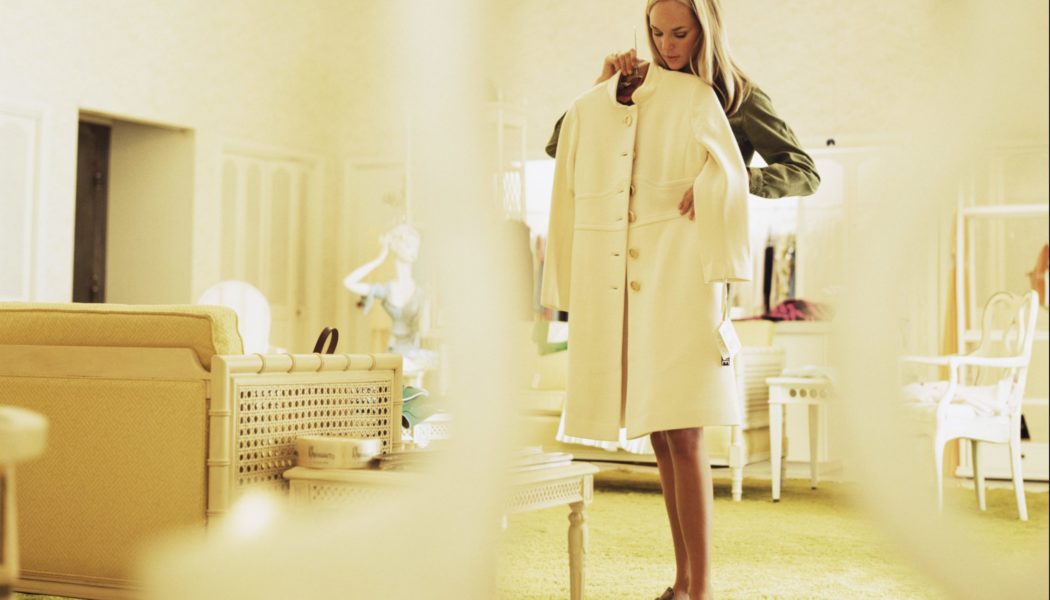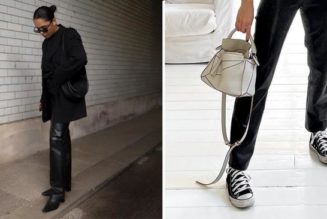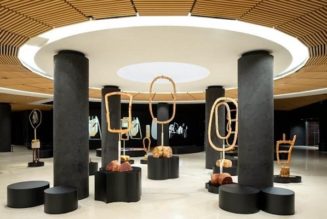
One of the most important parts of the customer experience for any luxury brand, whether it’s a five-star hotel, your local Audi dealer, or the jeweler on the corner, is recognition. Few customers will ever demand of a business, “I’m a unique and important human being, and I want you to recognize me as such,” yet it’s one of the top unspoken desires—particularly in luxury goods and services—and a key feeling to achieve if businesses want to justify a lofty price point.
And while the luxury brand’s best friends in providing this recognition to customers (or guests, or clients—whatever they call them) is an attentive, well-selected, well-managed employee base who’ve received customer service training that covers all of service’s finest points, a strong ally here is technology.
Consider how technology is used at The Boca Raton, a double five-star (Forbes-rated) Michael Dell-owned property and one of the largest luxury resorts in South Florida to deliver recognition and personalized service. According to President and CEO Daniel Hostettler—who was headhunted by Dell’s partnership (MSD Partners) to take on the daunting task of helming the enormous, 950-room property—recognition must rest on a solid technological backbone, or it’s simply not going to happen at scale.
Hostettler’s property uses facial recognition and opt-in technology on guests’ phones. Soon, The Boca Raton will deploy location-based beacons: as guests approach one of the property’s restaurants, the host will be prompted with the guest’s name and other unique information, including whether they’re a first-time or a returning guest—allowing the host to offer a greeting of either, “Welcome, Mr. Solomon,” or “Welcome back, Mr. Solomon.”
Perhaps this seems like a small thing, but, as Hostettler puts it, luxury needs to be “achingly personal and personable; extraordinary, personalized service is truly our unique selling proposition.”
Another part of providing a genuinely luxurious service is ensuring an absolute lack of friction. A luxury brand is one where customers are met with “I’ll handle it,” rather than, “You’ll need to talk to X.” Here, AI and related high technology are key in allowing a human being—even a generalist with no specific training in the particular line of questioning they’re receiving from a guest—to provide a thorough and correct answer or solution.
Likewise, with the modern customer’s desire, even in luxury, to self-serve at times, AI can be leveraged. A guest can initially attempt to self-serve using an AI-informed bot or search bar (note the “can” here; there is no luxury brand in the world that should require a guest to interact with a bot). And if the AI-powered bot or search bar fails to answer what the guest is looking for, the contact can easily be switched over to a human employee.
Even then, though, AI can work behind the scenes to inform that human employee as to the guest’s prior preferences (and likely solutions based on those) as well as instantly offer prompts to allow the employee to be as informed as possible, regardless of the issues that arise.
An interesting use of AI in hospitality is a product called Ivy, an AI-powered digital concierge from a company called GoMoment, described by Crunchbase as the world’s largest provider of AI-enhanced guest communication platforms for the hospitality industry.
Ivy, available to guests in millions of hotel rooms, can handle multiple guest requests regardless of the hundreds of ways guests may express those requests, based on AI and the initial programming involved. Critically, for a product that is useful in a luxury landscape, Ivy “understands” when to escalate to a human, particularly when it senses any guest’s expression of dissatisfaction. The first question Ivy always asks is, “How’s everything going?” If any negative words are detected in that response—if the guest says, “One star, my sheets are dirty, my toilet’s overflowing,” or any such common issues, Ivy escalates instantly to the front desk and then tracks how quickly the desk agent follows up with the guest.
So let’s say a guest expresses that they’re having a bad experience. They may do this in dozens of ways, all of which Ivy is programmed to decipher, but let’s take a really simple one: The guest types in, “My sheets are dirty.’ Ivy knows what everyone in the hospitality business knows: that “dirty” is a really bad word. So a message is immediately sent off to the front desk for personal attention. From the time the staff gets a text message and email alert, they usually have twenty minutes to resolve the issue before Ivy knows to escalate the issue to the general manager.
Where are the trends going in technology usage in luxury? Customers expect more personalized answers and solutions, which AI is key in addressing. However, will luxury ever have front-facing bots? American Express, whose customer base skews toward HNWI’s (high net worth individuals) and has significant presence in the luxury space, already greets customers with a bot on its site. This will become more the norm but, to maintain a true luxury experience, chatbots need to be paired with near-instant support from a human if that is what the customer or prospective customer requests (or if the AI—and this would be the dream—senses that need from the way the conversation is going). But, for the most part, technology will be kept “below eye level” by the greatest luxury purveyors—with the definite exception of how they interact with the significant cohort of customers who want to self-serve and have zero opposition to a technology-first experience. Finally, technology may be used as a source of engagement, not always serious, itself (Hostettler has two robots—Johnny and Ethel–in the family-oriented Tower section of The Boc Raton, to deliver popcorn and snacks to kids!).
Micah Solomon is one of the world’s leading experts on customer service, company culture, and the customer experience. Follow him on Twitter @micahsolomon.









